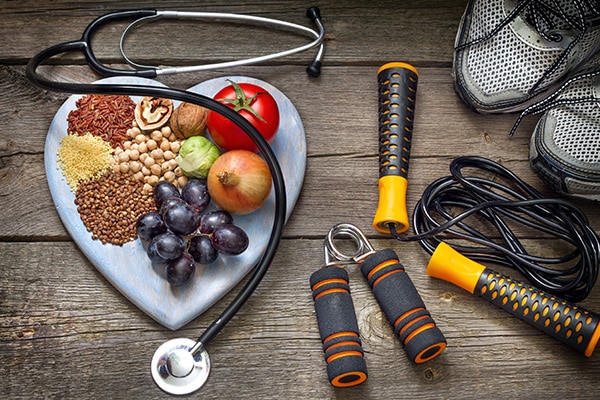Did you know that Lewis Hamilton has been vegan since 2017? Yes, a
vegan diet is followed by one of the finest athletes in the world, a seven-time Formula One world champion with 99 wins and 101 pole positions.
A well-known campaigner in addition to his outstanding talents as a driver, Hamilton's case is paradigmatic of the relationship between being vegan or vegetarian and being a sportsman.
Above all, Formula 1 is one of the most physically demanding activities in the world of professional sports.
Former Benfica player Gian-Luca Waldschmidt, for example, is a vegetarian in the national setting. In the Portuguese League last season, the German footballer was one of four vegetarian players, according to Sapo Desporto's study on veganism.
Another one - Sebastian Perez from Boavista - is vegan, according to a study on vegetarianism in Portuguese soccer by Sapo Desporto. This is from a pool of 532 players who competed in the Portuguese League in the 2020/201 season.
In the same article, Carlos Caetano, SL Benfica's nutritionist, discusses the difficulties of working with vegetarian sportsmen, citing Gian-Luca as an example.
"The key precautions to consider with an athlete who follows a vegetarian diet are connected to the protein, vitamin, and mineral content of his diet. A vegetarian diet that is poorly calculated, in which the athlete is mainly concerned with substituting animal food with plant-based food, might result in a variety of nutritional deficiencies. As a result, I believe that dietary monitoring of these athletes is critical. We must always make sure that the athlete understands his demands and how to meet them with plant-based nutrition (how many legumes his plate should contain, what other options can ensure an adequate protein intake in that meal, etc...)".
Vegan diet
The first step for anyone interested in learning
how to go vegan is to educate themselves on the topic.
The "Guidelines for a Healthy Vegetarian Diet" from the National Program for the Promotion of Healthy Eating and the General Direction of Health, is one resource to look into.
The second option is to visit a
vegan restaurant in Lisbon, or a vegan restaurant wherever you are, to familiarize yourself with the delights of vegan cuisine and deconstruct myths about its flavours.
Because more and more people are
choosing to be vegan or vegetarian, there are an increasing number of
vegan restaurants in our Portugal.
According to a 2017 study conducted by Nielsen consultants, 1.2 percent of Portuguese citizens do not consume meat or fish. Veganism is practiced by 0.6 percent of the population.
Vegan food and sports
There are five key ideas to share about vegetarian-type nutrition and athletics, according to
Associação Vegetariana Portuguesa. As we've seen, it's critical to "assure enough energy intake to the athlete's objectives/goals," considering "their degree of physical activity, body composition, and type of exercise practiced, in order to ensure the satisfaction of their specific-individual needs."
AVP also advises to increase the
"frequency of meals and consumption of foods with higher energy density, such as oleaginous fruits and seeds.”
According to the same organization, an athlete's normal protein requirement ranges from 1.2 to 2.0 g/kg body weight/day, with higher requirements in some cases (such as weight loss).
As a result, the quality and quantity of protein consumed should be considered. In this scenario, leucine comes out as being especially important in terms of exercise. Leucine can be found in abundance in lentils and soy beans.
Isoleucine and valine, which can be found in seeds, oleaginous fruits, and legumes, belong to the same group of BCAAs (branched-chain amino acids) as leucine.
To summarize, it is critical to eat a balanced diet that includes items from a variety of food groups - legumes, whole grains, and oleaginous fruits - to ensure adequate intake of the various amino acids required.
In the same line of thought, a wide variety of whole grains, fruits and vegetables should be consumed.
Carbohydrates can also be obtained through rice and pasta. Nutrients are really important. It is critical to consume Omega-3, B12, Calcium, Iron, Zinc, Iodine, and Vitamin D. By the way, you don't have to be a vegetarian athlete to pay attention to these nutrients; any
vegan or vegetarian should do so.
As a result, becoming a vegan or vegetarian athlete, whether amateur or professional, is absolutely possible.
Information is key in this scenario, as it is in any process of
becoming vegan and making the necessary changes. Get educated and make a change. Live a better life. For the world and the animals. For you.


